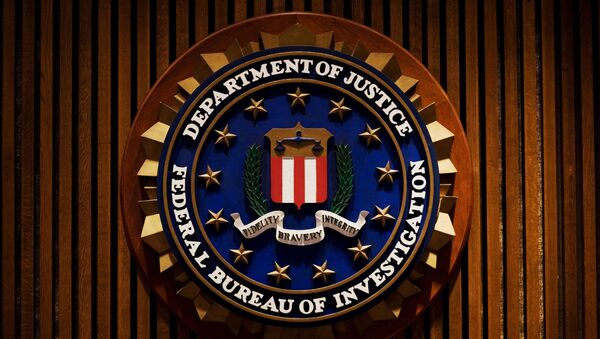Current regulations for online surveillance is based on the ECPA of 1986, but proposed amendments would give the FBI the ability to conduct warrantless searches of private emails and internet history in secret.
Under current legislation, the FBI is privy to certain information using National Security Letters (NSLs), a "search procedure which gives the FBI the power to compel the disclosure of customer records held by banks, telephone companies, Internet Service Providers, and others," according to the Electronic Privacy Information Center.
The FBI issues thousands of NLSs annually, and their liberal use has been a source of controversy. In 2008 it was estimated that the bureau committed 6,400 intelligence violations in dispensing NSLs. Justice Department Inspector General Glenn Fine told members of a House Judiciary subcommittee that "the FBI's 10 percent review of field office NSLs found at least 640 potential intelligence violations from 2003 through 2006. Extrapolating the results of the FBI's 10 percent statistical sample to the full number of NSLs means that the total number of possible intelligence violations among all NSLs issued over the four-year period could be as high as 6,400."
Sen. Ron Wyden (D-OR) opposes the bill, saying in a statement that “this bill takes a hatchet to important protections for American liberty,” and that its passage "would mean more government surveillance of Americans, less due process and less independent oversight of US intelligence agencies."
Wyden feels that not only are the proposals invasive, but questions the effectiveness of such measures. "Neither the intelligence agencies, nor the bill’s sponsors have shown any evidence that these changes would do anything to make Americans more secure." Wyden added that he intends to work in the House and the Senate to "reverse these dangerous provisions."
"It’s clearly a provision designed to take very popular privacy legislation and use it to expand surveillance powers" said Sam Knight, a writer for the District Sentinel, who told Sputnik that give and take often happens across the aisle in Congress, so that both sides can feel as if they’ve gained ground. Knight suggested, however, that the maneuvering on this bill was strikingly brazen."People try to get what they can in any provision, but it’s particularly glaring in this case," he stated.
Andrew Crocker, staff attorney for the Electronic Frontier Foundation, feels that the bill is giving the federal government too much leeway in citizens’ private lives.
"At this point, it should go without saying that the information the FBI wants to include in the statute is extremely revealing — URLs, for example, may reveal the content of a website that users have visited, their location, and so on."





